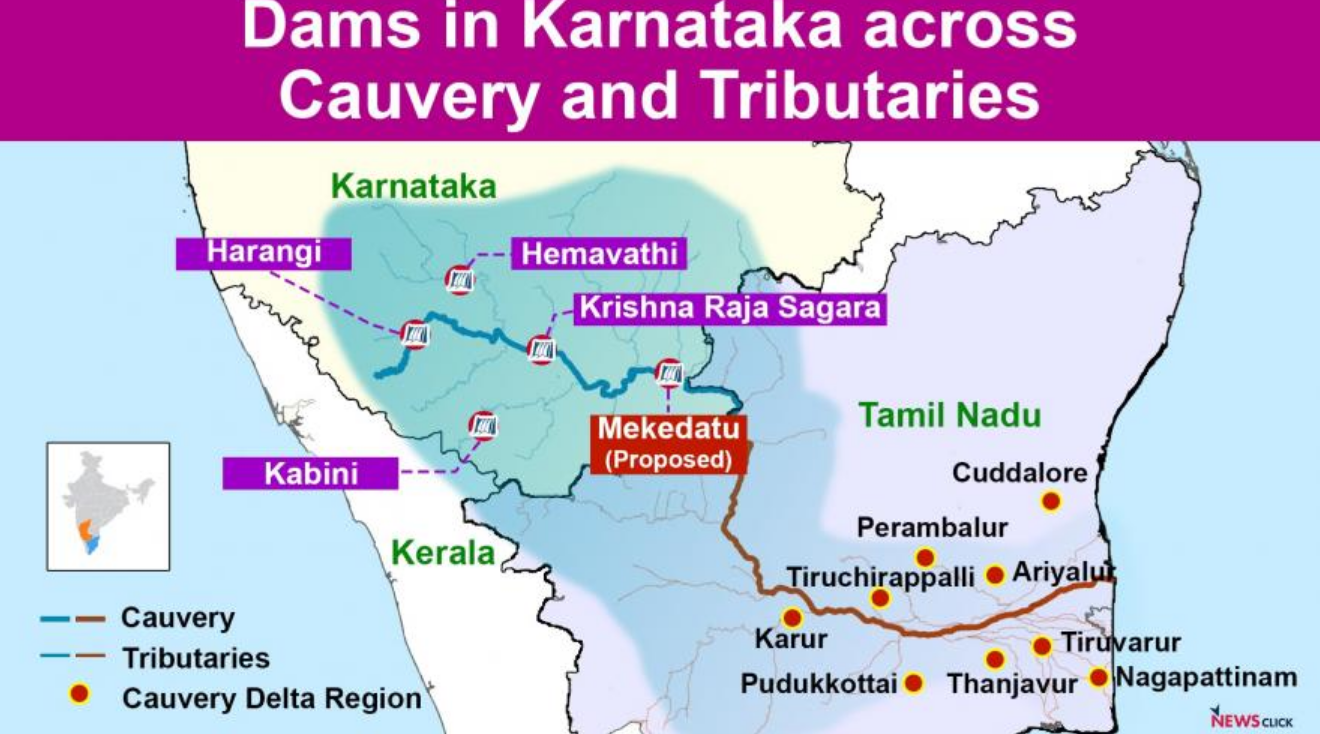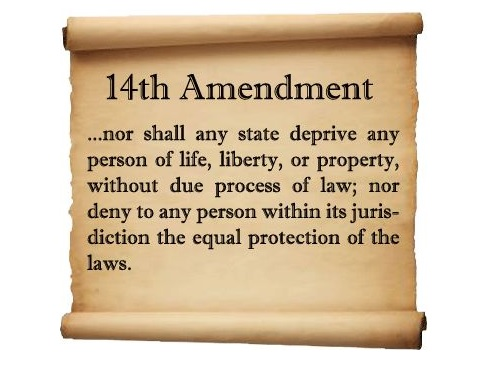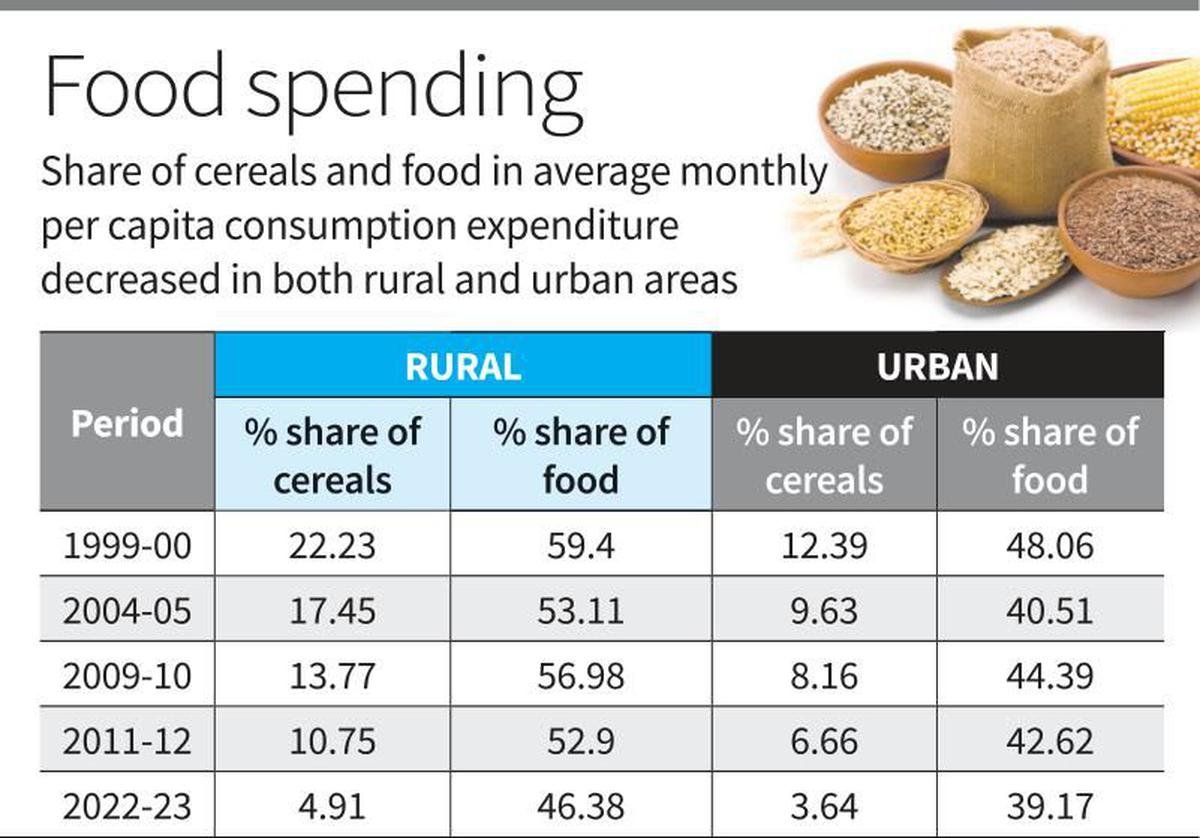
CBSE’s Open Book Exam Plan
Subscribers of "Current Affairs" course can Download Daily Current Affairs in PDF/DOC
Subscribe to Never Miss an Important Update! Assured Discounts on New Products!
Must Join PMF IAS Telegram Channel & PMF IAS History Telegram Channel
- Context (IE | TH): Central Board of Secondary Education (CBSE) has proposed a pilot study to check the feasibility of open book exams for Classes 9 to 12.
- The pilot will be held in select schools in November-December for subjects like English, Mathematics and Science for Classes 9-10, and English, Mathematics & Biology for Classes 11-12.
- CBSE has proposed this form of assessment based on the National Curriculum Framework (NCF) released last year.
What is an Open Book Exam (OBE)?
- In an open book exam (OBE), students are allowed to refer to their books and notes to answer questions.
- OBEs can be either of a restricted type or a free type.
- In a restricted open book assessment, only the study material approved by the exam-conducting authority is allowed during the exam.
- In a free type, students can bring any material they find relevant.
- Unlike a closed book exam, the test questions in OBEs are structured in a way that students have to apply concepts, instead of just copying information from the available material.
- They aim to test whether a student understands the big picture and can apply analytical skills on the concepts learnt.
Is OBE a new concept for Indian students?
- Open-book exams are not a new idea in India.
- In 2014, CBSE had introduced an Open Text Based Assessment (OBTA) to relieve the students from the burden of mugging up, and acquire skills of information processing.
- The Board, however, discontinued the practice in the 2017-18 academic year, because of its inability to cultivate “critical abilities” among students.
- In 2019, the All India Council for Technical Education (AICTE) allowed open book exams in engineering colleges based on the recommendation of an advisory body.
- During the pandemic, several Central universities like Delhi University, Jamia Millia Islamia, Jawaharlal Nehru University and Aligarh Muslim University conducted an open book test to assess students.
Are these exams easier?
- Contrary to popular opinion, open book assessments are not easier than the traditional form of examination.
- They are designed to test learning beyond facts and definitions.
- For teachers too, setting up questions for an open book exam can be a challenge, as, unlike a traditional exam, the questions cannot be direct.
Why has CBSE proposed the OBE now?
- The CBSE’s proposal falls in line with the larger reforms planned in the school education system.
- While there is no mention of the open book examination per se in the NEP 2020, one of the primary reforms it suggests is transition from rote memorisation to competency-based learning.
- The National Curriculum Framework for School Education highlights the need to reform the current assessment process “focused on measuring rote learning” and at its worst “creates fear.”
What does research say on OBEs?
- According to a 2021 study conducted among medical students of All India Institute of Medical Sciences (AIIMS) Bhubaneswar, open book exams have the benefit of being less stressful.
- As per pilot study, published in Cambridge University Press, the best advantage of open book assessment was that it was stress-free.
- A 2021 study conducted by Dhananjay Ashri for DU students stated that even though mean marks scored by the students in an OBE is higher than in a closed book exam, the university did not focus on developing the skills required for a student to crack an OBE.





![PMF IAS Environment for UPSC 2022-23 [paperback] PMF IAS [Nov 30, 2021]…](https://pmfias.b-cdn.net/wp-content/uploads/2024/04/pmfiasenvironmentforupsc2022-23paperbackpmfiasnov302021.jpg)











